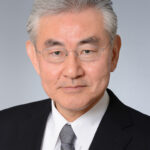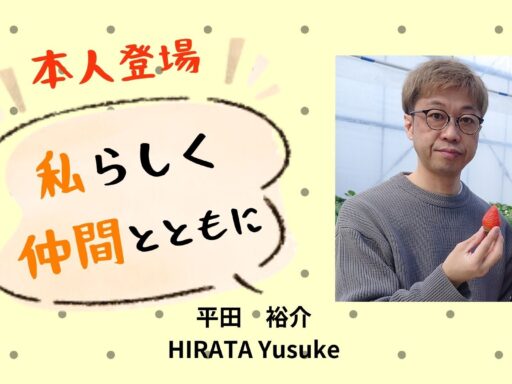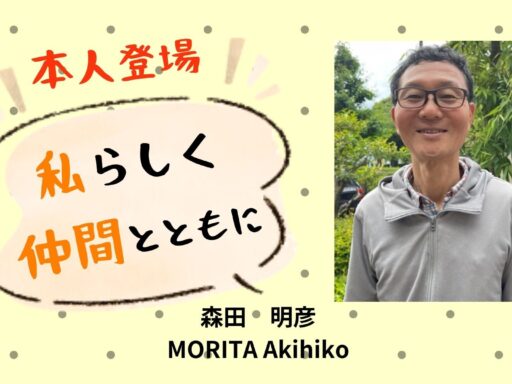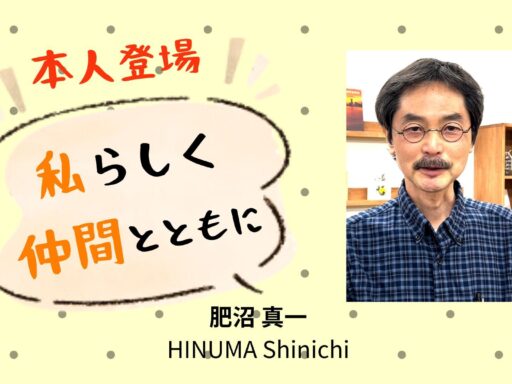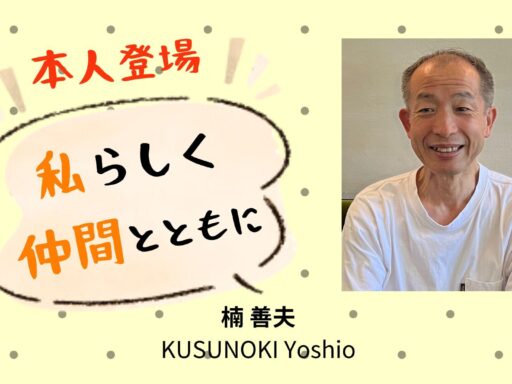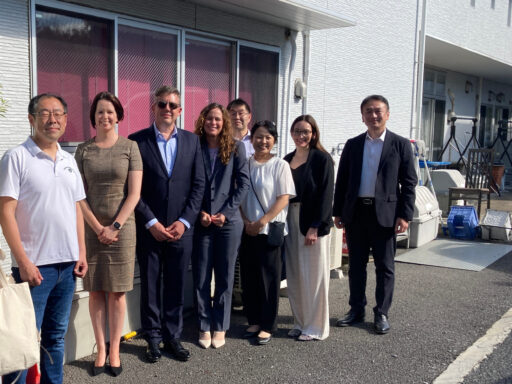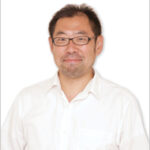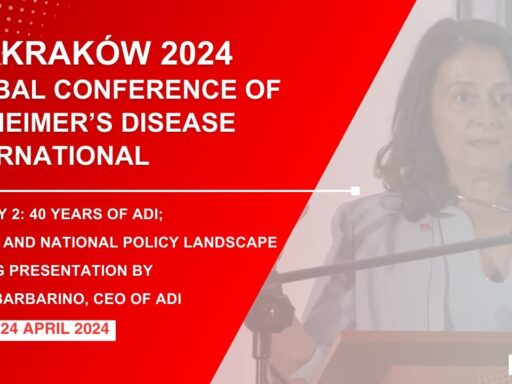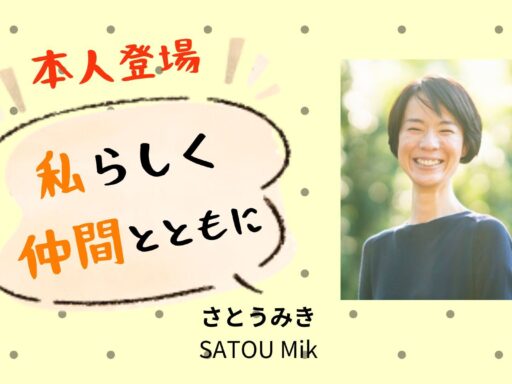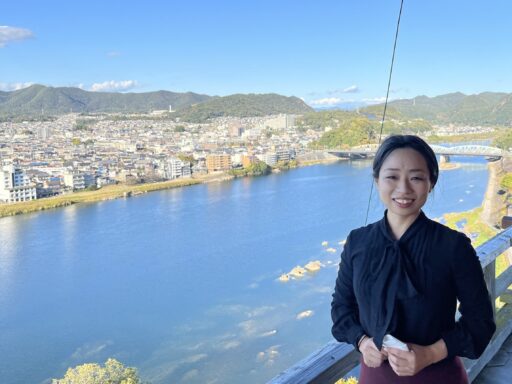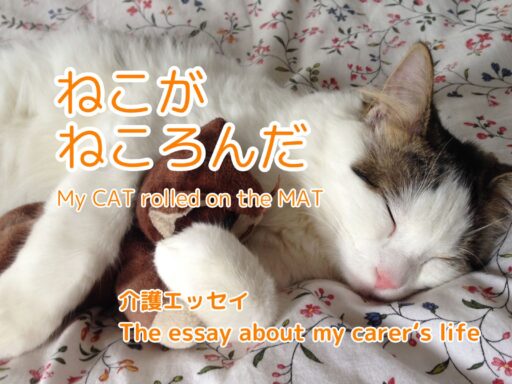JAPAN | Early-onset dementia – diagnosis and coordinators’ support | Masanori Watanabe | Living with Dementia – VOICES OF ASIA
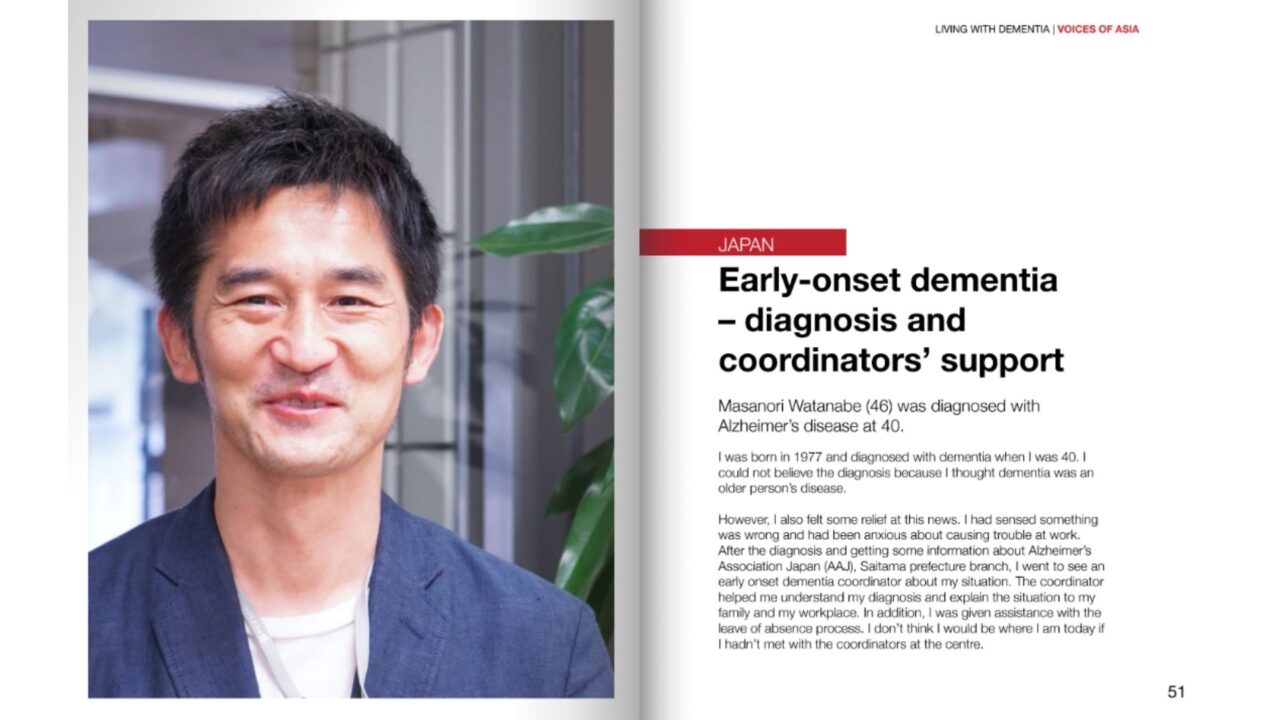
JAPAN Early-onset dementia – diagnosis and coordinators’ support
Masanori Watanabe (46) was diagnosed with Alzheimer’s disease at 40.
I was born in 1977 and diagnosed with dementia when I was 40. I could not believe the diagnosis because I thought dementia was an older person’s disease.
However, I also felt some relief at this news. I had sensed something was wrong and had been anxious about causing trouble at work. After the diagnosis and getting some information about Alzheimer’s Association Japan (AAJ), Saitama prefecture branch, I went to see an early onset dementia coordinator about my situation. The coordinator helped me understand my diagnosis and explain the situation to my family and my workplace. In addition, I was given assistance with the leave of absence process. I don’t think I would be where I am today if I hadn’t met with the coordinators at the centre.
Dark days
While on leave of absence, I lost all motivation. I didn’t think I could start anything new now that I have dementia. For days on end, I did nothing but play games on my smartphone, isolating myself from society. In the end, I also resigned from my job. Although the coordinators invited me to meetings, I declined their offers and stayed away.
Inspired by intercommunication with people living with dementia
One day, I experienced a change of mood and attended a lecture. There I met with and listened to two people who were both living comfortably with early onset dementia, namely Mr Tomofumi Tanno and Mr Masahko Sato. I was also quite grateful to have met Mr Masahko Sato, who inspired me because he was trying his best to succeed in a number of different areas, including finding a job.
Expanding activities
By interacting with people living with dementia, I became more positive myself. I started working as the manager at Rin Cafe, a place supported by the AAJ Saitama prefecture branch, where people with early-onset dementia and their families come together and connect with one another. I named the café Rin Cafe because it means “reincarnation”, or starting life over.
When people share the same space at Rin Cafe, even if they only spend a little time there, change becomes possible. There are many things to talk about because we have all been through the same experiences. In September 2021, I was appointed “Saitama Prefecture Orange Ambassador” and am responsible for promoting public awareness of dementia.
Re-employment
Next, I began to think about finding a new job, as I had learned about the “labor transition support” system. I repeatedly applied for this, but in two years, not a single company was interested in, or approved my application. I think this was because the word “dementia” was on the form. When I consulted with my coordinator, he advised me to apply to a company that would interview me, instead of screening my application. Eventually I had an interview with Persol Thanks – a corporation that supports people with a disability (https://www.persolgroup.co.jp/en/). The company recruited me, and I have since regained the joy that comes from working. Persol Thanks later changed its name to Persol Diverse on 1 April 2023.
My work and mission
My current job description is to assist those who come for practical training from support schools and labor transition support offices. Although I had a very difficult time finding a job myself, I am now able to use that experience to help others. When I look at the employment records of companies that hire people with disabilities, very few employ people living with dementia. It is sad and frustrating. However, I think something might change if I’m able to show people I can work and that I am happy.
At my present workplace, I am provided with a lot of support. But, in order to prevent mistakes, I also take care to share information, etc with those around me. If there is a problem, I immediately inform everyone during a meeting. At work, I receive many “thank you’s” and smiles from the trainees. I am very happy that I am able to continue working while sharing smiles with them.
I feel that I need to be prepared for the fact that my symptoms may eventually progress, and that, in the future I may face many difficulties. However, I hope my sharing and working experience at Persol Diverse will inspire others.
A message to my colleagues – today and tomorrow
Believe in your potential. Work and laugh together.
This article was originally published in “Living with Dementia : Voice of Asia (English)“.


